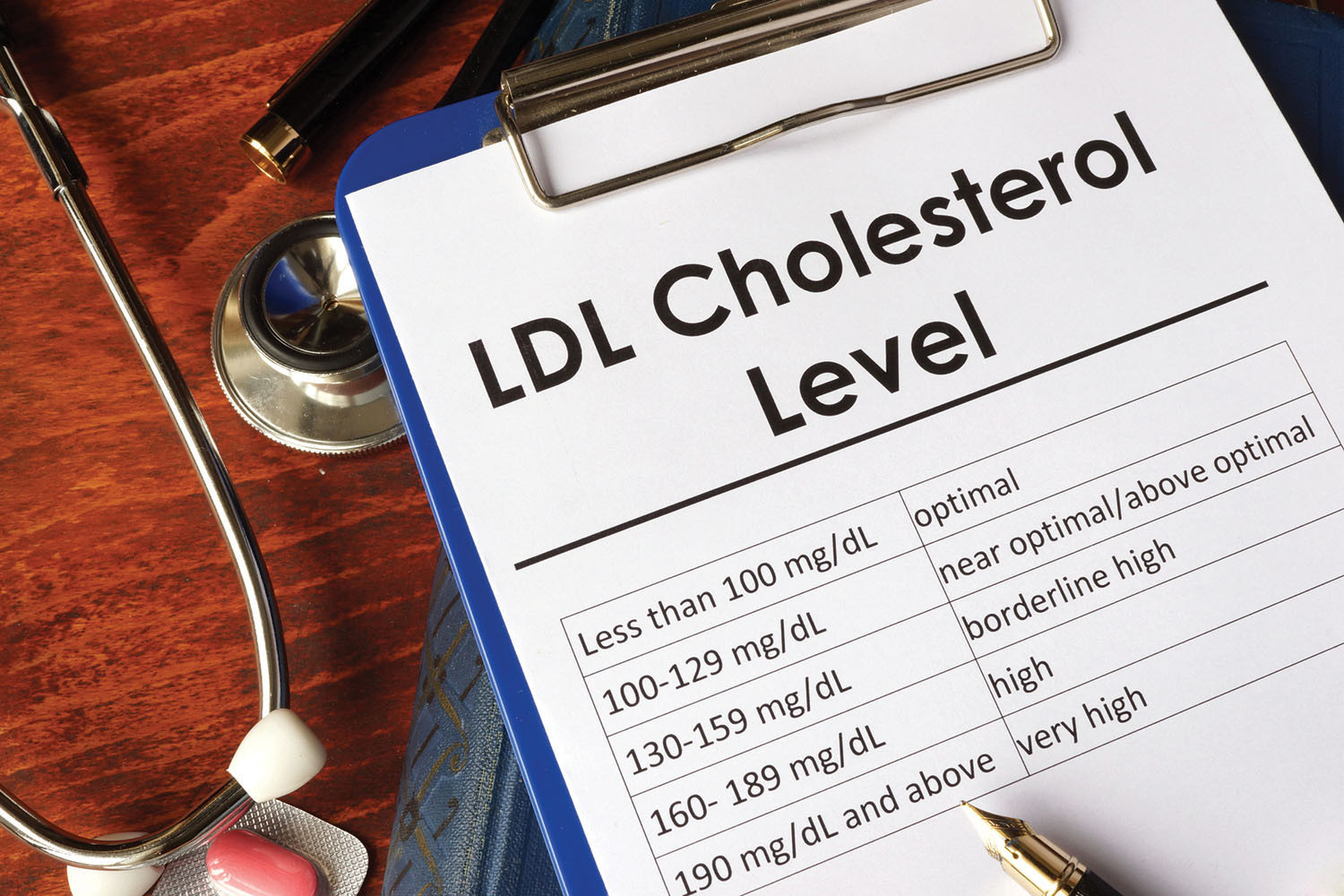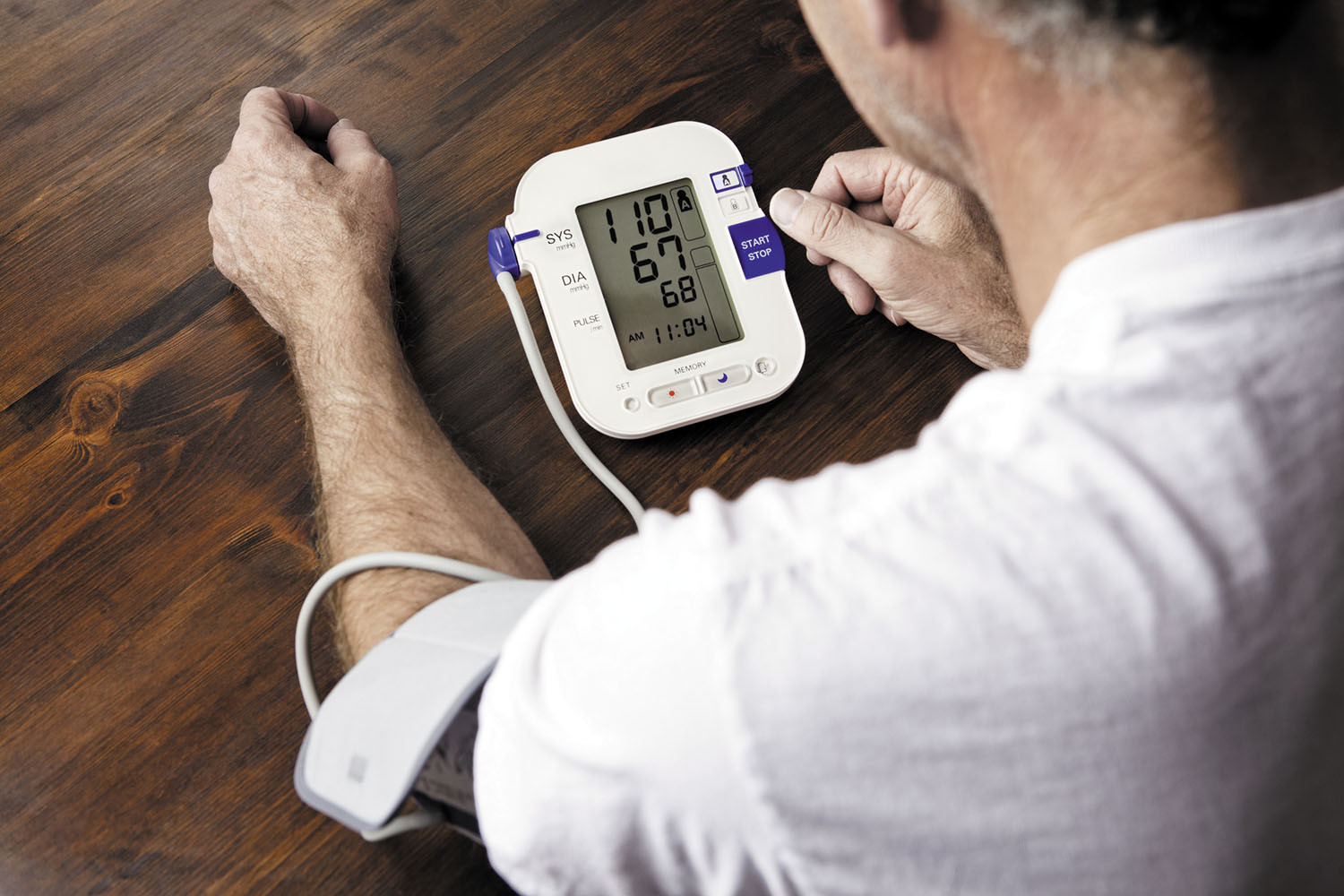
New thinking about plaque in arteries that feed the brain

Want to prevent shifting teeth? Maybe you need retainers

What you need to know about the new dietary guidelines

Food that’s healthier for people and planet can be cheaper, too

New evidence that polyphenol-rich foods help the heart

8 simple ways to reduce ultra-processed foods in your diet

How to curb your stress eating

How to spot Parkinson’s disease symptoms

Heart failure symptoms in women: How they’re different

GERD diet: Foods to avoid to reduce acid reflux
Heart Health Archive
Articles
A healthy drizzle: Olive oil linked to lower heart-related deaths
Consuming just a half-tablespoon or more of olive oil a day is linked to a lower risk of dying from heart disease and other chronic health conditions.
Magnesium and blood pressure: What's the evidence?
The FDA will allow companies to make certain health claims regarding the consumption of magnesium and a reduced risk of high blood pressure. But the evidence for the link is inconclusive and inconsistent.
Heart attack versus cardiac arrest
Heart attacks occur when a blocked coronary artery prevents blood flow to part of the heart. Cardiac arrest is caused by an electrical misfire that causes the heart to abruptly stop beating.
Smart snack strategies
Between-meal snacks can either help or hinder people's efforts to eat a heart-healthy diet. Simple strategies such as upgrading food choices can help. Instead of low-quality carbs like candy or potato chips, people should choose high-quality carbs like fruit or whole-grain crackers, along with a little protein or healthy fat (such as half an apple with a handful of nuts). They should also try to avoid eating simply out of habit when they're not actually hungry.
The changing landscape of LDL lowering drugs
For most people, statins are still the best way to lower harmful LDL cholesterol. But two newer drugs may be promising additions or alternatives for those with stubbornly high LDL levels. Bempedoic acid, which lowers LDL by about 25%, works in a manner similar to statins but may help reduce muscle-related side effects seen with statins. Inclisiran interferes with a protein that's involved with regulating LDL production in the liver; it lowers LDL by about 50%.
Stay active as you age to extend your health span
According to the "active grandparent" hypothesis, humans evolved to be physically active throughout life. That frequent movement helps ward off chronic disease (including heart disease) and promotes longevity. While hunter-gatherers had to be active to survive, they also had a natural instinct to avoid unnecessary activity to preserve energy when food was scarce. Modern humans don't need to expend physical effort to meet their basic needs for food and survival. Instead, they must exercise (defined as discretionary activity for the sake of health) to stay healthy and live a long life.
Staving off heart problems in your 80s and beyond
For people in their 80s and beyond, the advice for preventing and treating heart disease is similar to that for young people, especially with respect to staying physically active. But octogenarians may need to adjust their medication regimens. Low-dose aspirin is not recommended after age 70, and doses of anti-clotting medications may need to be reduced. Some people may also need to dial back their blood pressure medications if they experience side effects such as dizziness.
A look at diastolic blood pressure
When it comes to managing blood pressure, doctors tend to focus on lowering the top (systolic) number, but the bottom (diastolic) number also plays an essential role in heart health. Diastolic pressure is the pressure during the resting phase between heartbeats, and helps coronary vessels supply oxygen to the heart muscle. It’s important to keep both blood pressure numbers low per guidelines, but research suggests the diastolic number should not fall too low.
Meal of the month: Southern side dishes
Traditional Southern cuisine features side dishes based on vegetables, beans, and whole grains that, when served together, can make a complete, meat-free meal that’s both filling and tasty.
Close relationships with neighbors influence cardiovascular health in Black adults
A study of Black adults living in the Atlanta area suggests that feeling rooted in community and socializing with neighbors may strongly contribute to better cardiovascular health, which might lower risk for heart attacks and strokes.

New thinking about plaque in arteries that feed the brain

Want to prevent shifting teeth? Maybe you need retainers

What you need to know about the new dietary guidelines

Food that’s healthier for people and planet can be cheaper, too

New evidence that polyphenol-rich foods help the heart

8 simple ways to reduce ultra-processed foods in your diet

How to curb your stress eating

How to spot Parkinson’s disease symptoms

Heart failure symptoms in women: How they’re different

GERD diet: Foods to avoid to reduce acid reflux
Free Healthbeat Signup
Get the latest in health news delivered to your inbox!
Sign Up











